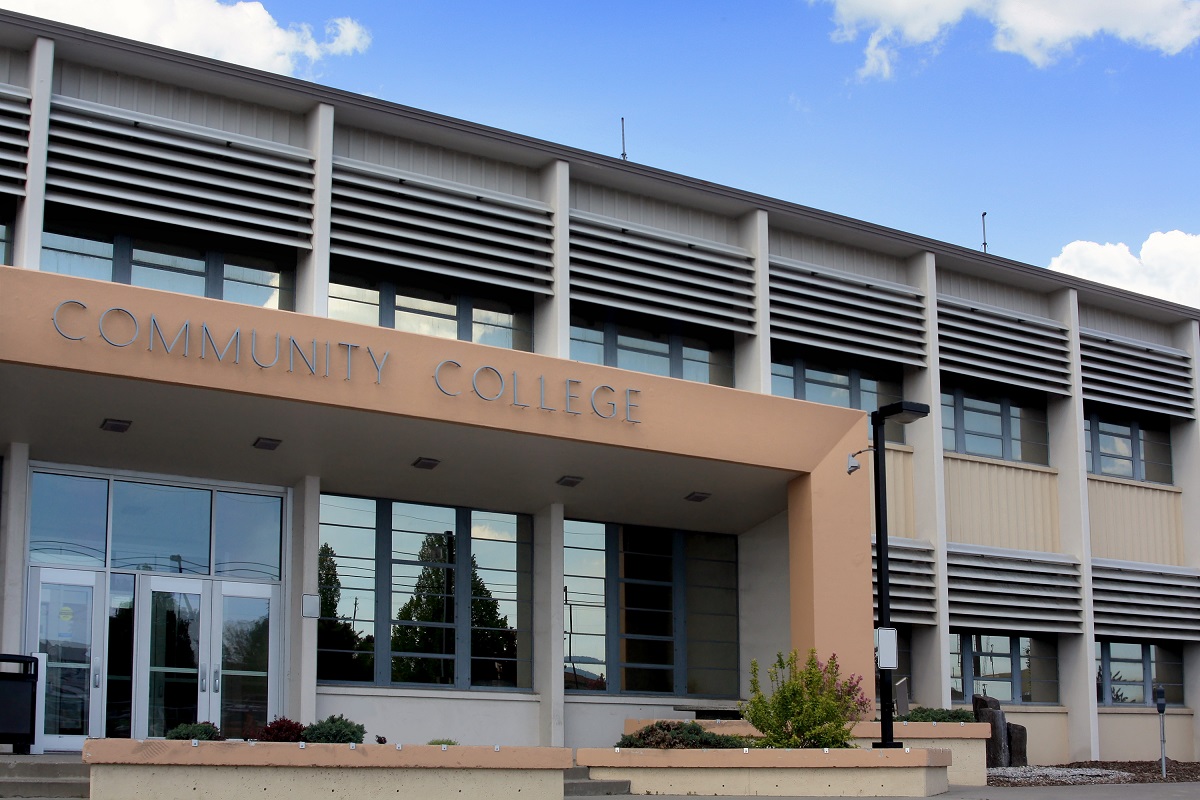As California continues its push to expand access to transitional kindergarten, ensuring high-quality TK programming will require better data on early education, according to researchers at Policy Analysis for California Education (PACE).
In January, PACE released a report identifying four promising practices observed during the 2022–23 school year to support access and coherence in early childhood education:
- Coordinate across providers within the mixed-delivery model, aiming to ensure universal access and vertical alignment of pre-K and TK offerings, as has been done in San Rafael City Schools and Santa Paula Unified School District.
- Establish clear and aligned expectations for PK–3 standards and instruction across providers and school sites like Arvin Union SD accomplished with math learning progressions.
- Monitor PK–3 student learning and progress to guide decision making using robust data-use systems such as those implemented by Monterey Peninsula USD.
- Develop coherent professional learning that builds capacity for high-quality teaching and learning in the early grades like Dinuba USD has done to provide targeted professional development.
However, measuring program impact to make necessary improvements has proven challenging, researchers said in a companion commentary.
“Additional research will need to be conducted to see if UTK is meeting its potential to improve students’ long-term outcomes. But for this research to uncover relevant and actionable policy insights, better and more comprehensive data will be necessary as well,” they wrote. “Unfortunately, California lacks data on the characteristics of TK and other early childhood programs; the state does not collect any data on student outcomes from TK to kindergarten entry through second grade; and the state does not have a unified data system to track student enrollment in publicly funded programs.”
Specifically, researchers determined that good data on program characteristics and participation as well as on the trajectory of student outcomes after TK would enable local educational agencies, policymakers and researchers to better understand how TK programs can have the greatest impact.
To best accomplish this, researchers call on the state to:
- Collect the basic features of each early childhood program — at a minimum, the state-funded TK and California State Preschool Program — including length of school day, class size, teacher credentials, staffing ratio and program model (e.g., TK only, TK/K blended). To capture students who didn’t participate in state-funded programs, the state should require districts to collect and report basic information about students’ experiences (e.g., Head Start, family/friend/neighbor care) as part of kindergarten enrollment.
- Require districts to administer and report a developmentally appropriate measure — such as the Desired Results Developmental Profile — to assess students’ academic and social-emotional skills as they enter kindergarten.
- Recommend that districts select and administer K-2 assessments to examine whether their systems are sufficiently coherent from TK–3 to leverage the benefits of TK and make improvements in alignment if districts find that the initial benefits of high-quality early learning fade over time.
“Collecting these data would allow districts and the state to identify effective TK program features and assess the coherence of learning opportunities provided from kindergarten into the primary grades,” researchers concluded. “This data-driven approach is essential for both accountability and improvement, ensuring that the investment in UTK yields positive and lasting outcomes for students.”





